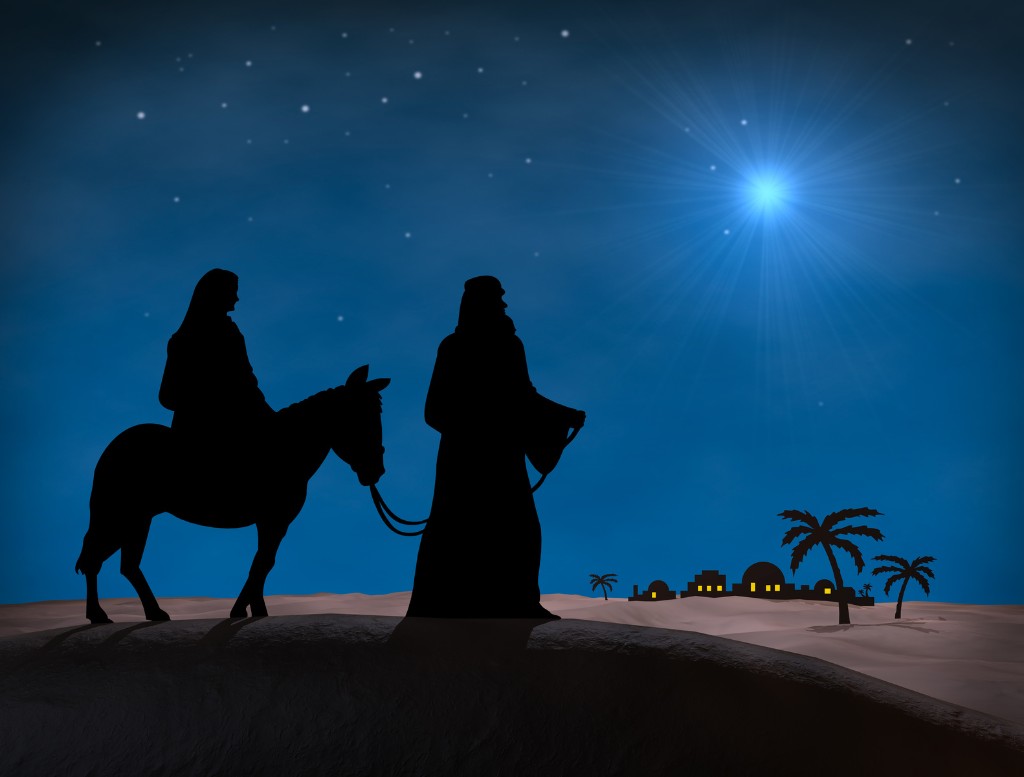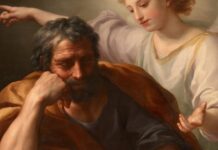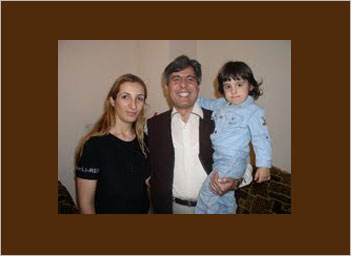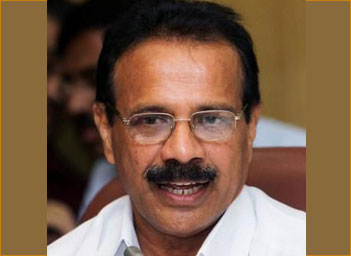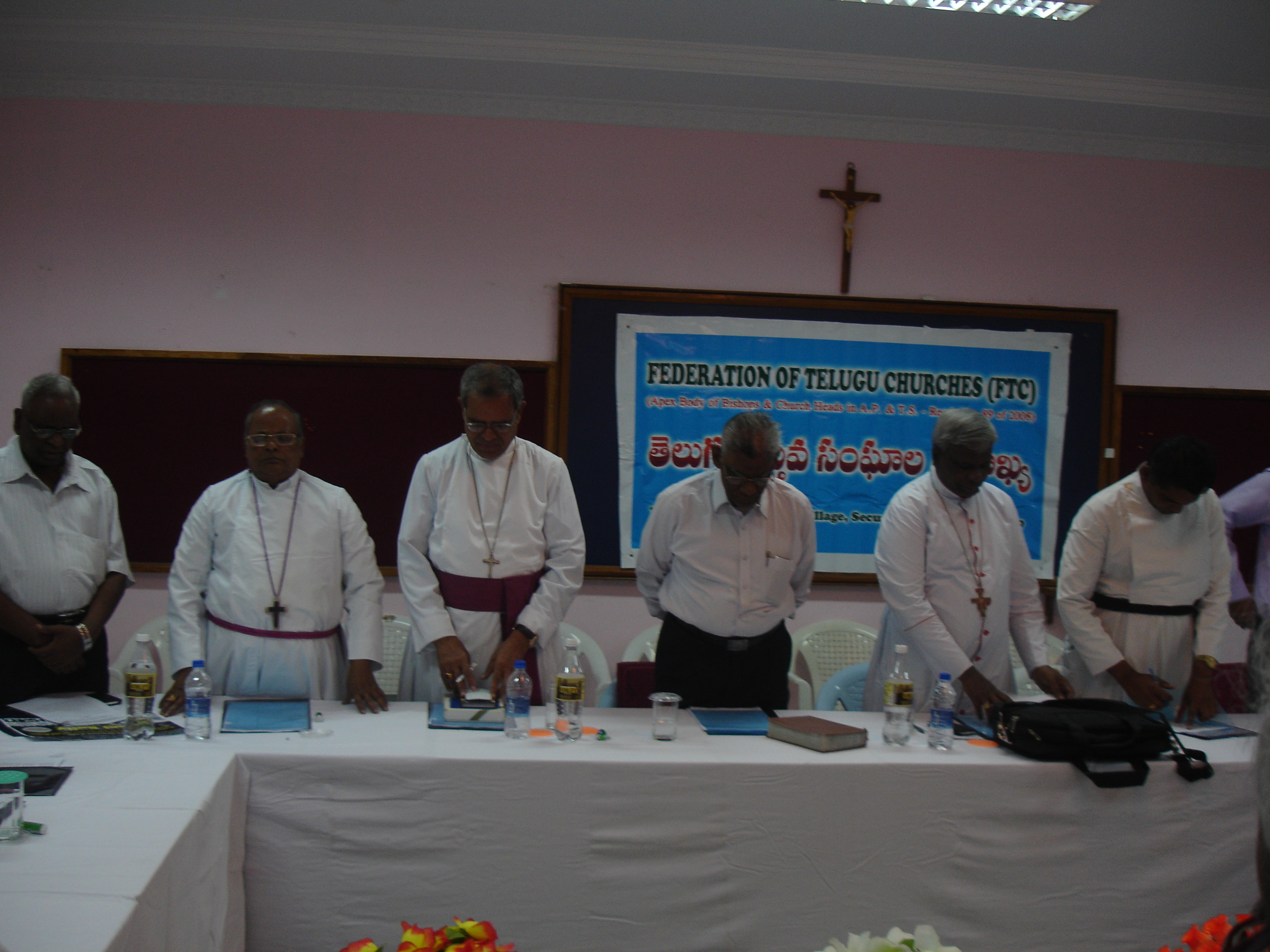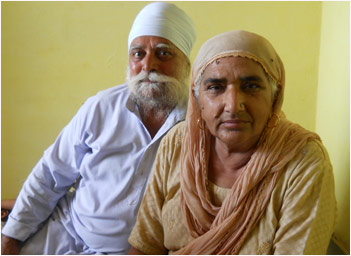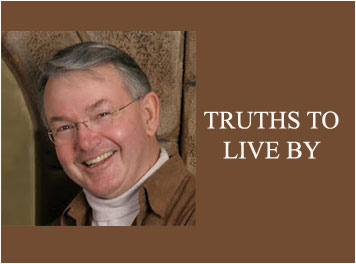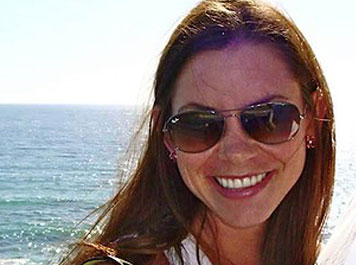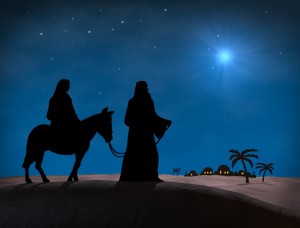 By Robin Sam
By Robin Sam
FEAR is defined in the dictionary as an unpleasant emotion caused by the threat of danger, harm or pain. The Merriam Webster dictionary says fear is an unpleasant often strong emotion caused by anticipation or awareness of danger.
Like all emotions, fear is universal. It attacks all people –the strong and the weak, the rich and the poor, the believer and the atheist. Fear in its worst form can make a person neurotic. It can wreck your life by causing a nervous breakdown. You can be fearful of anything and anyone in the world. Most of the times, fear is irrational. When fear grips a mind, reasoning jumps out of the window.
Fear does not discriminate between the young and the old. While my 7-year-old son is afraid of the dark and imagines danger lurking in every corner of the house in the night, I know grownups who are afraid of death. While some people of afraid of losing their jobs, some dread losing their wealth, some are terrified of losing their health and fear the prospect of having to depend on someone in their old age.
Fear can lead people to depression. Ask anybody who has suffered depression, they would tell you what a terrible life they lived before they were counselled and cured. Feelings of helplessness and hopelessness attack the people going through depression. Slowly, they lose interest in daily activities, lose appetite and weight and suffer from lack of sleep. They feel they are always tired and don’t have enough energy to wrap up the day. People who suffer from depression almost always blame themselves for everything that goes wrong in their lives. Depression feeds on self-pity.
The antidote for fear is the Living Word of God. The Bible says we need not fear. ‘Do not be afraid’ is a phrase that comes often in the Bible. ‘Do not be afraid’, occurs 83 times across 29 books in the Bible.
Lloyd John Ogilvie in his book ‘Facing the future without fear’ says there are 366 verses that say ‘Fear not’ in the Bible, one for every day of the year, and an extra one for the leap year. However, if you search through the Bible, the word ‘fear’ occurs 456 times in the New King James Version and over 500 times in the KJV. The word ‘afraid’ occurs 215 times in NKJV and 189 times in KJV.
Before we examine the Word of God to find out why we need not be afraid, we will analyse three kinds of fear mentioned in the Bible.
- The unfounded fear
Genesis 20:11, And Abraham said, “Because I thought, surely the fear of God is not in this place; and they will kill me on account of my wife”
After God had destroyed Sodom and Gomorrah, and Lot had moved to the mountains near the land of Zoar along with his daughters, Abraham himself did not see any merit in living close to the cities destroyed by the Lord for their sins. So, he moved from there to the south and pitched his tent between Kadesh and Shur – at a place called Gerar. Now, Abraham was privy to all the things that happened to Lot’s family at Sodom and Gomorrah. Although he was a safe distance away from the immoral lands he did not want to take a chance at Gerar. So, he devised a plan to save himself should someone desire his wife, Sarah. He made Sarah known to the inhabitants as his sister. The king of Gerar, Abimelech, noticed the pretty woman and took her home. However, God appeared in Abimelech’s dream and warned him of the consequences should he touch Sarah. The next day, a distraught Abimelech demanded to know why Abraham had pulled a fast one on him. That’s when Abraham came up with the statement mentioned in Genesis 20:11: And Abraham said, “Because I thought, surely the fear of God is not in this place; and they will kill me on account of my wife”. That Gerar was a wicked place sans the fear of God was Abraham’s imagination. We see no reason to believe his fear was based on facts. When God warned Abimelech, the asked Him, ‘Lord, will You slay a righteous nation also?’ God did not negate his statement that Gerar was a righteous nation. Nor did God disprove Abimelech’s claim that he took Sarah in the integrity of his heart. Verse 6: ‘And God said to him in a dream, “Yes, I know that you did this in the integrity of your heart.’
Abraham’s fear had no basis. It was not grounded on evidence. Then, why did he think that Gerar was devoid of fear of God? Perhaps, the immoral and wicked happenings that he had just witnessed in Sodom and Gomorrah clouded his thinking. He looked at Gerar with a jaundiced eye.
Matthew 2:1-3: Now after Jesus was born in Bethlehem of Judea in the days of Herod the king, behold, wise men from the East came to Jerusalem, saying, “Where is He who has been born King of the Jews? For we have seen His star in the East and have come to worship Him.” When Herod the king heard this, he was troubled, and all Jerusalem with him.
When King Herod came to know about the birth of Jesus Christ, he was troubled. Why was Herod troubled by the birth of a mere baby? There were a couple of reasons. First, he knew this baby was special. When this baby was born, a star (His star) appeared in the sky and the wise men from the East spotted it. Secondly, the wise men came not to look at the baby but to worship Him. Such things do not happen with mere babies. Herod knew for sure that baby was special. However, he need not have worried. The King of the Jews was no threat to him. Jesus did not come to dethrone Herod but to seek and to save that which was lost (Luke 19:10). Herod’s fear was like Abraham’s, unfounded and misplaced. Unfounded fears lead to untold and unmitigated disasters.
What are you afraid of today? What is robbing your peace of mind? What keeps you sleepless in the night? Ask God to reveal if your fear is legitimate or unfounded. If it is unfounded, take steps to conquer the fear. Abraham’s fear turned out to be unfounded and Herod’s fear was totally unwarranted. Cast it out in the Name of Jesus Christ! Followers of Jesus Christ need not have any unfounded fears. 2 Timothy 1:7 says: God has not given us a spirit of fear, but of power and of love and of a sound mind.
- The overwhelming fear
Genesis 32: 6-7: Then the messengers returned to Jacob, saying, “We came to your brother Esau, and he also is coming to meet you, and four hundred men are with him.” So Jacob was greatly afraid and distressed; and he divided the people that were with him, and the flocks and herds and camels, into two companies.
Jacob had every reason to be afraid of his elder brother Esau. After all, he had deceived his brother and usurped his birth right by giving him a bowl of stew. Jacob had also deceived Isaac and taken the blessing meant for Esau. Although years had passed and now both Esau and Jacob had become rich, mature and had raised big families, the hurt and the guilt remained. The bone of contention was still not buried. That’s why when Jacob heard that Esau was coming to meet him with 400 men, he was ‘greatly afraid and distressed.’
Jacob’s fear was not unfounded. He knew things could go either way. Death and danger stared him in the face and he had to do something. Who knows – perhaps Esau was seeking revenge. Jacob’s fear was so overwhelming that he was ready to part with his people, flocks, herds and camels. If he had to lose a part of his wealth, he would still have another part intact was his reasoning.
The Bible says in Proverbs 29:25 that the ‘fear of man will prove to be a snare, but whoever trusts in the Lord is kept safe.’
In 1 Samuel 13:17 we read of an instance when King Saul’s troops were ‘quaking with fear.’ When Saul completed two years of his rule over Israel, he cut down on the number of his troops. He retained 3,000 soldiers and sent the rest away to their homes. Shortly thereafter, Saul’s son Jonathan attacked the Philistines. To avenge the attack, the Philistines came up against Israel with a huge army – 30,000 chariots, 6,000 horsemen and innumerable battle-ready soldiers. Israel was no match for this mammoth army. Saul would have cursed the day that he decided to disband his army. Perhaps, he blamed himself for the mess that he had brought the nation to. Perhaps, he was afraid too. Although the Bible is silent about the feelings of Saul and Jonathan, it is explicit when it comes to the reaction of the people.
The Bible says, ‘When the men of Israel saw that they were in danger (for the people were distressed), then the people hid in caves, in thickets, in rocks, in holes, and in pits. And some of the Hebrews crossed over the Jordan to the land of Gad and Gilead. As for Saul, he was still in Gilgal, and all the people followed him trembling’ (verses 6 & 7).
Fear can be crippling. It can knock you out of your senses. It can weaken your thinking faculty. But thank God for His Word says, ‘Do not be afraid.’ When the enemy comes in like a flood, the Spirit of the Lord will lift up a standard against him, says Isaiah 59:19.
Has fear seized you unawares? Do you feel as if you are being crippled by fear? Do you think there is no way you can get out of your predicament? Do not be afraid. Our God is in control. He is sovereign. He will help you.
David knew what it was to be afraid. He was up against a strong enemy in Abimelech but God delivered him from all his enemies. Having tasted the goodness of God, he says in Psalm 34:4-7, ‘I sought the Lord, and He heard me, and delivered me from all my fears. They looked to Him and were radiant, and their faces were not ashamed. This poor man cried out, and the Lord heard him, and saved him out of all his troubles. The angel of the Lord encamps all around those who fear Him, and delivers them.’ In Psalm 56:3-4, David said: Whenever I am afraid, I will trust in You. In God (I will praise His word), in God I have put my trust; I will not fear. What can flesh do to me?’
If you are afraid, all you have to do is cry out to God Almighty. He is your strength and your shield (Psalm 28:7). He is your rock, your fortress and your deliverer (Psalm 18:2). He is the strong tower into which you can run and be safe (18:10).
- The reverential fear
After 20 years of service to Laban, his father-in-law, Jacob decided to leave with his wives, children, livestock and all his possessions to Canaan, the land of his father, Isaac. He knew his father-in-law will not easily let him go, so he fled without telling him. However, Laban pursued him and found him in the mountain of Gilead. We do not know whether or not Laban intended to harm Jacob, but we see God appeared to him in a dream and warned him against speaking good or bad against Jacob. After some accusations and shadow boxing, Laban and Jacob decided to let bygones be bygones. They decided to part ways amicably and as a sign of resolution they made a covenant with each other. If you read the passage in Genesis 31:43-55 carefully you will find that Laban and Jacob did not agree on naming the stone pillar and the heap of stones upon which they made the covenant. While Laban called it Jegar Sahadutha, Jacob called it Galeed. However, the most striking difference came in the names of the witnesses they invoked as party to the covenant. While Laban invoked the name of the God of Abraham, the God of Nahor and the God of their father as an arbitrator between them, Jacob simply swore by the Fear of his father Isaac (verse 53 in NKJV, KJV and NIV). That was a new revelation of the Name of God that Jacob received at Galeed. He called on God who was the Fear of his father Isaac.
To throw your lot behind that name is a wonderful thing. The fear of God is the beginning of wisdom, says the Bible in Proverbs 9:10 and Psalm 111:10.
Remember, Jacob had yet to get the new name, Israel. He was still the same supplanter (usurper). He was still ready to try a trick or two to make himself wealthy. He was yet to cross the ford of Jabbok. He was yet to wrestle all night long with the Angel of the Lord. He was yet to see God face to face, but he knew one thing. That the God of his father, Isaac, will come to his rescue when he calls out to Him. He had observed the life of his father in close quarters and had taken a lesson or two out of his life. The moment he saw the avariciousness of his father-in-law was also the moment he recalled the sanctified life of his father, Isaac. That was the moment he recalled the Name of his father’s God – the Fear of his father Isaac. In Hebrew the word for this reverential fear is pahad. Jacob knew the time had come for him to accept this Fear of his father Isaac and make it his own.
It’s the same reverential fear that prevented Joseph, Jacob’s son, from sinning with Potiphar’s wife. Relentlessly tempted and chased by Potiphar’s wife, we find Joseph making the statement of his life – worth an engraving on stones – in Genesis 39:9. He asked her, ‘How then can I do this great wickedness, and sin against God?’ Where Potiphar’s wife saw pleasure, Joseph saw sin. Where she saw a shortcut to satiating her lust, he saw separation from God due to sin. Joseph deemed betraying the trust of his master as great wickedness and sin against God, his Heavenly Master and Father.
There are three Fear Not statements associated with Christ’s birth. They were not made by man but by angels, by the divine will of God. The Hebrew word for afraid used in all three passages is the same. It is ‘phobeomai’.
- The 1st Fear Not of Christ’s birth
Luke 1: 30-33, ‘Then the angel said to her, “Do not be afraid, Mary, for you have found favor with God. And behold, you will conceive in your womb and bring forth a Son, and shall call His name Jesus. He will be great, and will be called the Son of the Highest; and the Lord God will give Him the throne of His father David. And He will reign over the house of Jacob forever, and of His kingdom there will be no end.”
The first fear not message relating to Christ’s birth was given to Mary, and naturally so. She was to bear the Son of the Highest in her womb. God is all powerful. The mountains see Him and tremble (Habakkuk 3:10), they melt at His presence (Psalm 97:5). He is the Alpha and the Omega. He is the beginning and the end (Rev 1:8). He can do all things. Yet, He required a woman to bring His Son into the world. While He found a worthy vessel in Mary, He still did not override her feelings and emotions. He did not force her to agree with His decision. Instead, we see Gabriel greeting her (‘Rejoice, highly favoured one’), giving her a promise (‘the Lord is with you’), decreeing a blessing (‘blessed are you among women’), informing her of her position (‘you have found favour with God’) and letting her know of God’s plan and her role in it (‘you will conceive in your womb and bring forth a Son, and shall call His name Jesus’). God also gave her a snapshot of the power, dominion and ministry of Jesus. (‘He will be great, and will be called the Son of the Highest; and the Lord God will give Him the throne of His father David. And He will reign over the house of Jacob forever, and of His kingdom there will be no end’). Oh, what a wonderful privilege Mary had! To have the Great I AM in her womb, to bear him and raise him. Despite her privilege, Mary did not claim any special status in the scheme of God’s things. She acknowledged her real position. ‘Behold the maidservant of the Lord.’ And, she humbly submitted herself to the will of God. ‘Let it be to me according to your word.’
The message to Mary through the Fear Not statement of Gabriel was this: ‘Be free from fear and be filled with awe because you have found favour with God. You are about to be used by God for His divine plan.’
The message that God gives you and I is this: Be not afraid. Submit yourself to the will of God like Mary did. Only then can God use us.
- The 2nd Fear Not of Christ’s birth
Matthew 1:20-21, ‘…behold, an angel of the Lord appeared to him in a dream, saying, “Joseph, son of David, do not be afraid to take to you Mary your wife, for that which is conceived in her is of the Holy Spirit. And she will bring forth a Son, and you shall call His name Jesus, for He will save His people from their sins.’
In those days, betrothal among Jews was as binding as marriage. Betrothal meant that bride and groom were officially pledged to each other but had not yet consummated the marriage. Mutual consent, two witnesses and the groom’s declaration were required to establish Jewish betrothals. Divorces could also be effected by a simple document with two witnesses. When Mary was found to be pregnant, Joseph was looking at a simple and a secret divorce settlement that would not attract attention or add to her shame.
Joseph was a perplexed man. He was deep in his thoughts and continued to ruminate about the effects of his action. That’s when an angel appeared to him. When we are tempted to err, God always provides a way out (1 Corinthians 10:13).
The angel addressed him thus: ‘Joseph, son of David.’ That was God’s way of reminding Joseph about the promised Messiah who would come in David’s lineage. Joseph was in the same lineage and he was to facilitate the arrival of the Messiah not block it.
Joseph, being a just man, was determined to put her away secretly. To him that seemed like the only honourable way to extricate himself from the situation and save Mary from the ignominy. Where we see only one way we need to stop and allow God to intervene because He knows a thousand ways. There are only two things God has asked His children to do in secret: To pray in secret (Matthew 6:6) and to give alms in secret (Matthew 6:4). These are the only two things God has promised rewards for, if they are done in secret. The secret things belong to the Lord (Deuteronomy 29:29). However, not all secret things are liked by God. David’s conscience troubled him when he secretly cut a corner of Saul’s robe (1 Samuel 24:6). David, a man after God’s own heart, also vowed to destroy those who secretly slanders his neighbour (Psalm 101:5). Apostle Peter warns us to be aware of the designs of false prophets and false teachers who secretly bring in destructive heresies into the church (2 Peter 2:1).
Of course, you are confused, Joseph. But do not do anything (even if it is in secret) that will thwart God’s plans for you and the mankind.
The message to Joseph through the Fear Not statement was to be free from fear. For this fear would be an impediment to his faith and improper before God’s love. 1 Peter 4:8 says ‘…love covers over a multitude of sins.’ Mary had done no wrong. It was the Holy Spirit’s doing. Yet, if Joseph did not dare to accept her as his wife, his faith would be shattered and he would never be able to bring himself to love God.
The message to you and me is this: Where God shows the way, follow. When God clarifies, accept. When God directs, be willing to be led. Faith requires courage.
- The 3rd Fear Not of Christ’s birth
Luke 2: 8-11 Now there were in the same country shepherds living out in the fields, keeping watch over their flock by night. And behold, an angel of the Lord stood before them, and the glory of the Lord shone around them, and they were greatly afraid. Then the angel said to them, “Do not be afraid, for behold, I bring you good tidings of great joy which will be to all people.
Apart from Joseph and Mary, the prophecy about the birth of Jesus the Messiah came to Simeon through a personal revelation and to the wise men from the East through a Star, but the actual announcement of His birth came not to the royalty and the aristocrats of those days but to the hoi polloi – the lowly shepherds. Jesus Himself was born not in a palace but in a lowly manger. Apostle Paul nailed it when he revealed in 1 Corinthians 8:9 that ‘For you know the grace of our Lord Jesus Christ, that though He was rich, yet for your sakes He became poor, that you through His poverty might become rich.’
The shepherds should have been the last to know about the birth of a king, but the birth of the King of kings was first announced to them! Hallelujah. The shepherds on the outskirts of Bethlehem were ordinary people but the flock they were tending was special – they were the lambs meant for sacrifice at the Jerusalem temple. The God of the heavens is mindful of the lowly (Psalm 138:6).
In his book, ‘The life and times of Jesus the Messiah’ Alfred Edersheim says: ‘We can trust that God had a specific purpose for this shepherd audience, and the work they performed suggests the reason. These men who watched the sheep meant for the slaughter received a divine message about the ultimate Lamb who would take away the sins of the world through His death and resurrection.’
The angel that appeared to the shepherds told them: ‘Do not be afraid.’ What did he mean when he said it? A heavenly visitation with a divine announcement can knock the daylights out of any man, leave alone the ordinary gentry. But they need not be afraid because they need to be the carriers of the good news. If Mary Magdalene was the first evangelist who carried the news of the Lord’s resurrection to the people, the shepherds were the first ones to carry the news of the Lord’s birth.
The shepherds’ response after they heard the angel’s announcement is significant. As soon as they were given the ‘good tidings of great joy’, they resolved to ‘go to Bethlehem and see this thing that has come to pass’, which the Lord made known to them. They did it immediately (Luke 2:16). And, once they were convinced of the authenticity of the announcement, ‘they made widely known the saying which was told them concerning this Child.’
The message to the shepherds was this: It doesn’t matter who you are or what you do. As long as you serve the Lord with the work of your hands, you are on the right track. And, do not be afraid to make widely known that which has been told and shown you.
The message that this passage gives us is this: Once, God asks us to do something we need to make haste. We need to remember that we are the carriers of the Good News. Apostle John wrote in 1 John -1-3: ‘That which was from the beginning, which we have heard, which we have seen with our eyes, which we have looked upon, and our hands have handled, concerning the Word of life…. that which we have seen and heard we declare to you, that you also may have fellowship with us’.
Are we ready to announce the Good News to others so that they may have fellowship with us and with Jesus? Will we make haste to do that?
God bless you. Have a Christ-centered Christmas!



